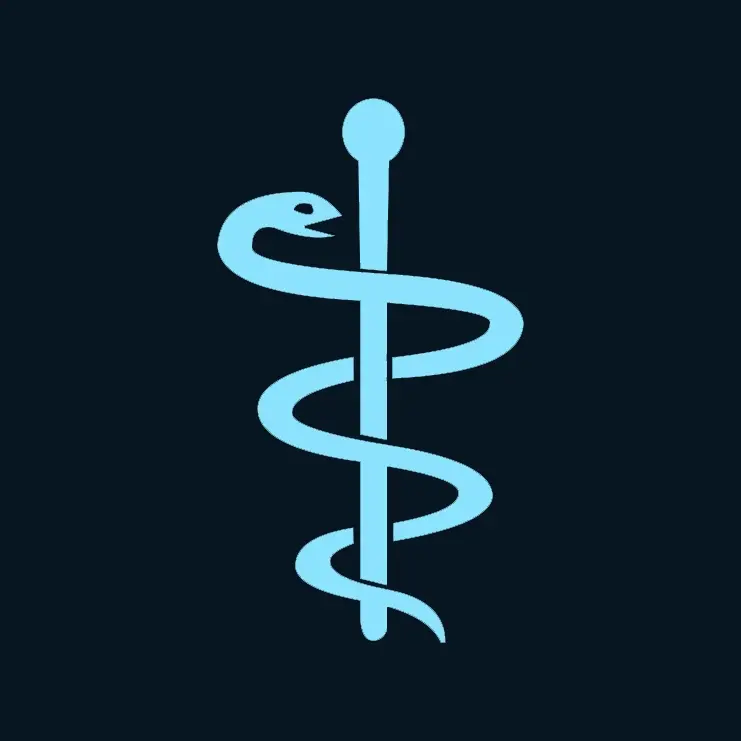Authors:
- Jamie Benham | Endocrinologist & Assistant Professor, Departments of Medicine and Community Health Sciences, Cumming School of Medicine, University of Calgary
- Pauline McDonagh Hull | PhD Candidate, Department of Community Health Sciences, Cumming School of Medicine, University of Calgary
- Robyn Vettese | Research Assistant (Community Scholar), Department of Medicine, Cumming School of Medicine, University of Calgary
Polycystic Ovary Syndrome (PCOS) is a hormonal imbalance that affects ovaries, periods and fertility in about one in 10 Canadian women. Different from ovarian cysts, PCOS is associated with infertility, pregnancy complications, heart disease and a general decreased quality of life, and yet fewer than half of those affected even know they have it.
This under-recognition and under-diagnosis is a significant problem, because a recent Canadian study suggests these women are 20 to 40 per cent more likely to experience negative health outcomes during their lifetime than the general population, including hypertension (high blood pressure), kidney disease, gastrointestinal disease, eating disorders, depression and anxiety.



And even if you know you have it, there is no treatment per se, and no one gives a shit so unless you have the energy, the stamina, the support around you to lead a battle against dismissive medical personnel, you just suck it up. You might be lucky and find someone willing to help you treat some symptoms but that’s it.
Source? My experience.
There is a established link between elevated insulin levels and PCOS
i.e. Ketogenic - Chapter 3 - Endocrine
The full book is available on the normal free literature places, but the TLDR is that a diet that reduces insulin levels can be used to treat and reverse PCOS
This is also another more direct (and open) article on the issue: Effects of a ketogenic diet in overweight women with polycystic ovary syndrome - My notes from reading the paper can be found here - https://hackertalks.com/post/13750353